On November 25th, the FDA released its updated stance on products that contain cannabis or cannabis-derived compounds such as CBD. Currently, CBD has not been approved by the FDA except for in Epidiolex, a prescription drug that contains CBD and is used to treat two rare and severe forms of epilepsy- Lennox-Gastaut syndrome and Dravet syndrome.
Why is FDA approval important?
When the FDA approves a drug, it ensures it is safe for human and animal use and that the benefits of the drug outweigh the risks involved. Approval by the FDA helps to protect consumers from potentially harmful products that are mislabeled and poorly made, which can limit their effectiveness and potentially cause harmful health effects.
The quality of the products you put into your body and on your skin matter. Your health and safety should be the #1 thing you keep in mind when choosing products to incorporate into your life. FDA guidelines can assist you in making your decision. The potency, quality, and safety of products that are not FDA approved are unknown, so a consumer has to conduct their own research into the side effects of a product and understand how it’s made.
What Does the FDA Say About CBD Products?
The FDA highlighted some key concerns they have about the safety of CBD and the effects it can have on humans and animals.
What are the FDA’s top concerns regarding CBD?
- Marketing CBD products as “dietary supplements” (including supplemental facts on the label) and adding CBD to food products is not legal.
- Companies that go against FDA policy and claim their products “cure, mitigate, treat, or prevent” any disease or illness.
- Failing to provide use directions on the label
- Limited knowledge about the long-term health effects of daily CBD use
What are some of the health concerns?
Health concerns that the FDA has regarding CBD include both known and unknown side effects.
In some studies, signs of liver injury have been seen in people who take CBD in combination with medications for liver problems, and people who only take CBD.
CBD also can affect medications that you take daily. The drug Epidiolex (made from CBD) has been shown to interact with medications, which leads researchers to believe that CBD products could have the same effect. CBD might decrease the effectiveness of other medications.
Other health effects caused by CBD can include increased drowsiness, gastrointestinal upset, and changes in one’s mood (irritability and agitation).
As for the unknown, the FDA cannot clarify the effects of CBD on children’s brain development, babies, nursing and pregnant woman. Also, it is not known how CBD interacts with natural herbs and botanical plants that some people take as daily supplements.
Additionally, there may be a risk of reproductive issues in males who were born from women that use CBD regularly.
The FDA’S Next Steps
In the future, the FDA will be studying:
- The effects of cumulative exposure to CBD (e.g. ingesting food with CBD, applying topicals, and taking drops/capsules- all in the same day)
- The effects of CBD on pregnant and nursing women, the elderly, children, and teenagers
- The use of CBD in animals
The FDA will continue to conduct scientific research so they can gain more insight into the uses of CBD and its safety.
Moving Forward (What to Keep in Mind)
Ultimately, it highly important to keep people educated on any risks involved with CBD. People should be provided with this information for them to make their own decision on whether or not they should use products that contain CBD.
Consult Healthcare Providers
The first thing you should absolutely do when considering using CBD is to consult your healthcare provider. A doctor can advise you on whether or not you would be able to incorporate CBD into your daily routine. By doing this, you can limit the risk of CBD interacting with medications you take and gain some perspective on if you could begin using CBD for your health problems. If you are currently taking CBD and experience new symptoms after you started taking it, don’t hesitate to speak with your doctor.
Likewise, before you give CBD products to your pets, speak with a veterinarian about your pet’s health issues, and to check for medications that could interact with CBD.
Research Products and Companies
When buying CBD products, keep in mind that the cost of the product = the quality. CBD that you buy from a reputable, transparent company (in person or online) will be better quality than cheap CBD you can find in vape and smoke shops and gas stations. With quality comes a higher price tag, so be prepared to spend money to get a high-quality CBD product. The cost of a quality product is related to how much it costs to grow the hemp, process the oil, and package the product. To create a cheap CBD product, some companies may cut corners during processing or buy their CBD oil from another company and pass it off as their own.
Research any claims that a company makes about a product (e.g. lab-tested, THC free, all-natural, made from responsibly grown hemp). In your search, look for products from companies that grown hemp and process their own CBD oil. Reach out to companies either on their website or through their email and ask for a CoA (Certificate of Analysis); these are lab reports that show potency levels and the presence of THC, heavy metals, and pesticides in a batch of products. Try to read reviews for products and companies and see if people had a good or bad experience. Compare products before making a final purchase.

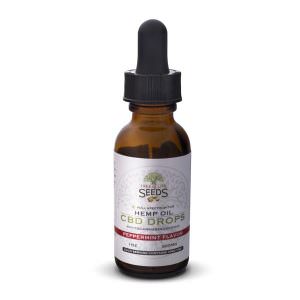
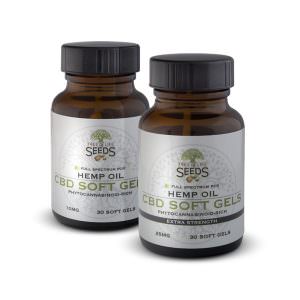
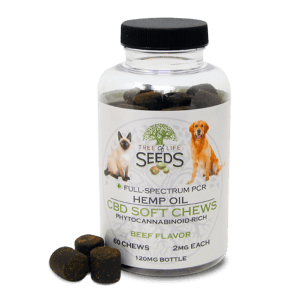
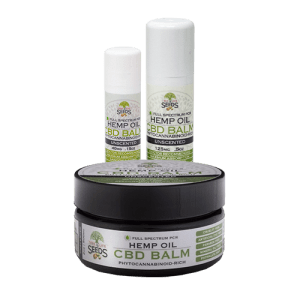


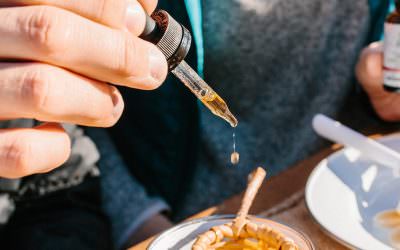
0 Comments